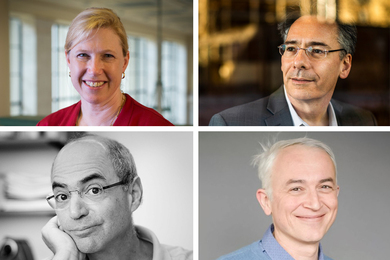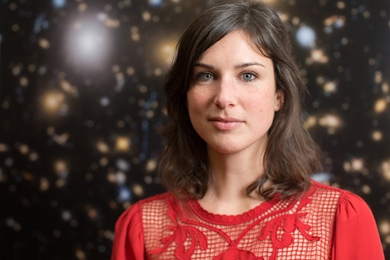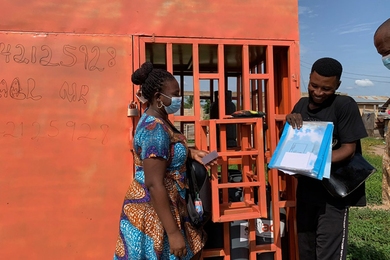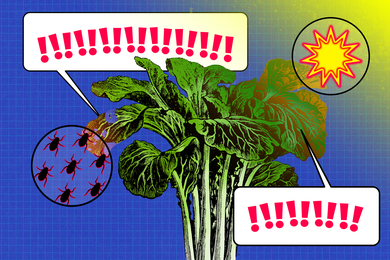CAMBRIDGE, Mass.--The attack on the World Trade Center was a "great human tragedy, but not necessarily an important economic event," said Nobel laureate Robert M. Solow before an attentive audience at a Nov. 15 talk sponsored by the MIT Undergraduate Economics Association.
A normal economic process--"a perfectly classical, small but not minor recession"--had been underway since 2000, when the remarkable five-year boom known as "the bubble" began to fade, Solow said.
Solow, Institute professor and professor of economics emeritus, who was awarded the Nobel prize in 1987 for his work on the mechanics of economic growth. He retired from teaching in 1995 but remains one of MIT's most popular speakers, appreciated for his clarity in communicating modern macroeconomic theory, his sense of humor and his open concern for people who labor not with theory but with making ends meet.
Speaking of the 1995-2000 US boom, Solow noted, "we were even beginning to see some narrowing of the inequality of earned income in the US. Those were five very good years. That's a quote from Frank Sinatra."
Even the destructive scale of the Sept. 11 attacks would not have generated an economic event nor kick-started a recession, Solow said. "The destruction to capital then was less than from Hurricane Andrew, and an economy the size of the United States can lose $100 billion and barely notice."
Despite the strength of the US economy and the normalcy of its ebb and flow, two things complicate predictions about the length and depth of the current recession, he said: the attacks came when the economy was already teetering, and they arose from man-made rather than natural catastrophe.
"These attacks did more than destroy life and property. With one event, they created a large fundamental uncertainty about the future. One hurricane doesn't do that; it doesn't make you rethink geophysics," Solow said.
There is no precedent for gauging the likely macro-effects of a radical increase in uncertainty, though uncertainty itself depresses both investment and consumer spending, he said. This, in turn, deepens recession and nourishes inflation.
"The most dangerous aspect of the US situation is the possibility of a big fall in the stock market. Maybe we could be spared that. But I don't know anything about the stock market. Nobody knows anything about the stock market," Solow said.
THE EFFECTS OF PUBLIC POLICY
Solow approved the actions of the Federal Reserve, from its series of reductions in interest rates begun in January 2001, to its behavior on Sept. 11 and 12 when "New York City could have floated away on the liquidity" the Fed created so legitmate enterprises could keep functioning despite the disruption of financial markets.
"Monetary policy has done the right thing, but fiscal policy--the use of tax and expenditure policies to stabilize the economy--has been bad--really very bad," Solow said.
To be effective, fiscal polcies need to use the powerful tool of moving investment from the future into the present, he said
In the current economy, fiscal measures need to generate expenditures quickly, not next year; they need to be temporary; and they need to be apolitical, not beholden to one party or another. The recent proposed tax bills fail on all three counts, Solow said.
He characterized the bill passed by the House of Representatives as "an intellectual disgrace" and the Senate version as only "rather better."
True to form, Solow acknowledged the strengthening of unemployment insurance from 26 to 39 weeks as a "good thing"; he also noted that in Europe, unemployment insurance had no cutoff point.
In response to students' questions, Solow said, "War is good for the economy in the narrowest sense, but it can be bad for the economy when innovation emphasizes military and not civilian needs."
The war on terrorism as it unfolds domestically can lower productivity by focusing on security, he added, using a seasonal scene to illustrate. "Think of the North Pole. There are 100 elves making toys. Five of those elves get assigned to security; they're now patrolling the perimeter of the factory. They're not producing anything," he said.





